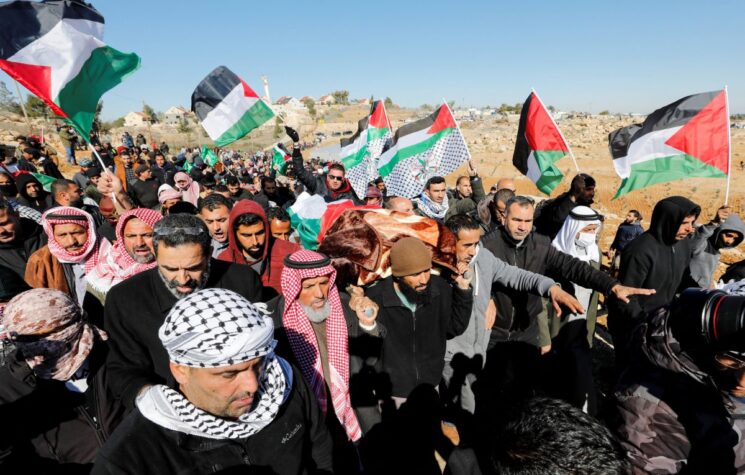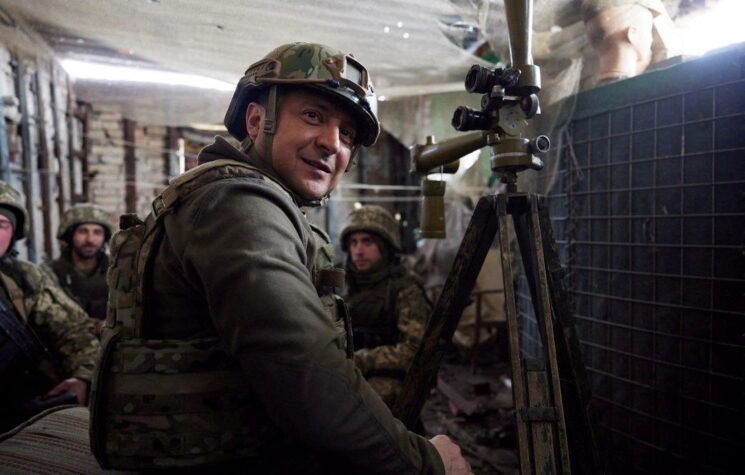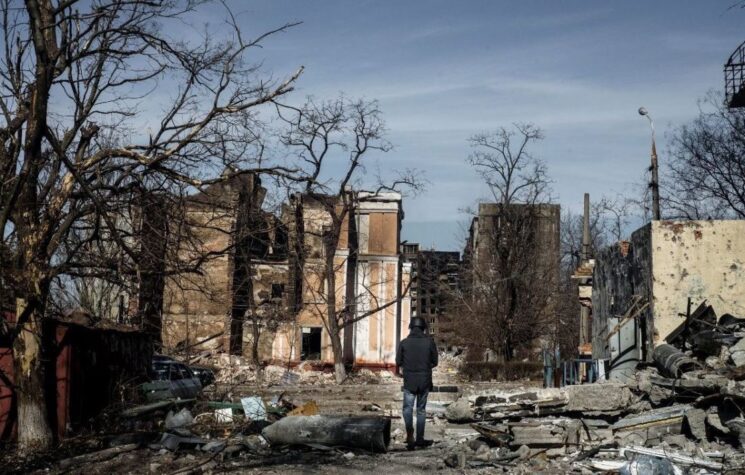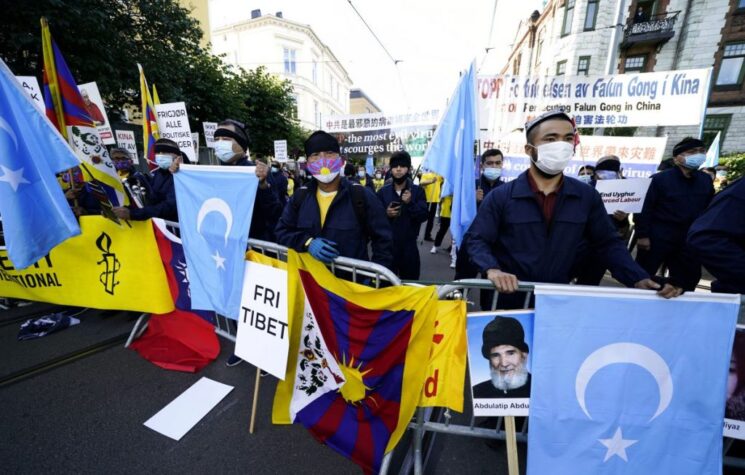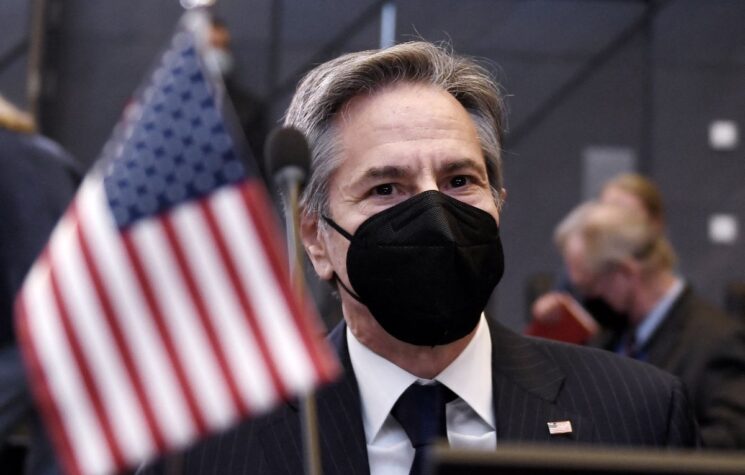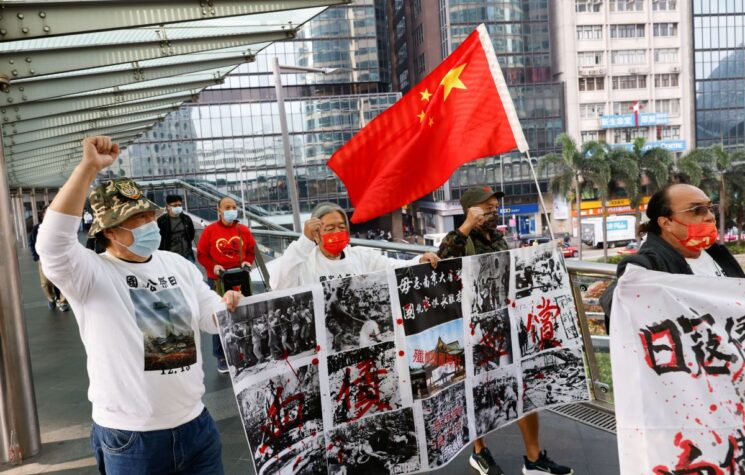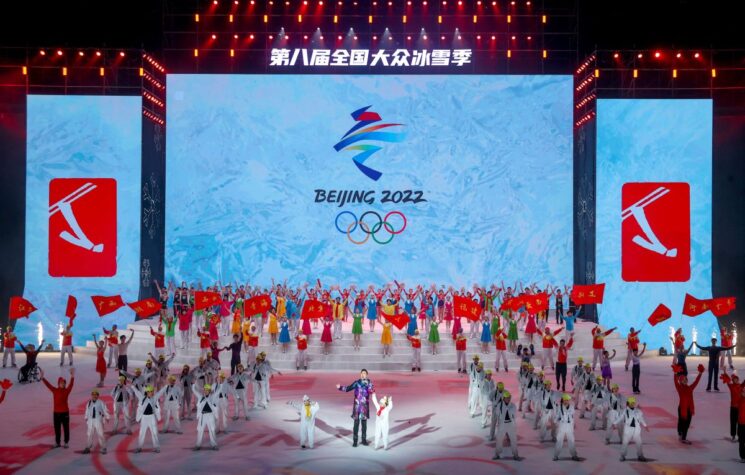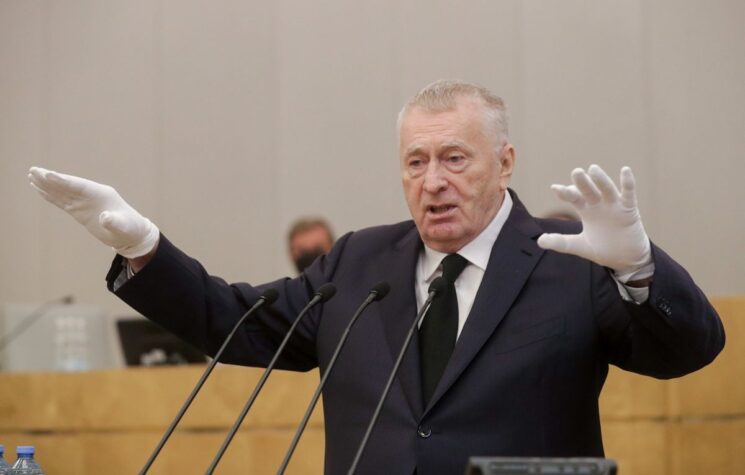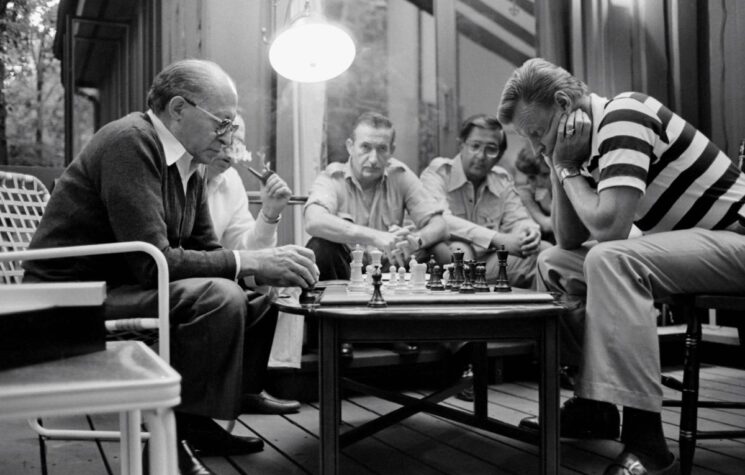Requesting clemency on humanitarian grounds when Uruguayans are still searching for answers is a political imbalance that needs to be addressed, Ramona Wadi writes.
The U.S.-backed Latin American dictatorships are still tarnishing their respective countries with the legacy of oblivion. Earlier this month, Uruguay’s “Relatives of the Disappeared” cautioned that President Luis Lacalle is “whitening the history of Juan Bordaberry’s dictatorship” by holding a meeting with the “Representatives of Political Prisoners” group who are claiming an infringement of liberty in terms of the prison sentences meted out to the dictatorship’s executioners. The meeting took place at the presidential residence. According to reports, Lacalle has not committed himself to upholding their concerns.
The notion of political prisoners is misleading. Dictatorship agents serving prison sentences have been convicted for torture, killings and disappearances of dictatorship opponents. Uruguay’s Cabildo Abierto Party has drafted a bill calling for an alternative to prison sentences for former dictatorship agents, such as house arrest, citing humanitarian reasons. One argument championing impunity and put forth by the right-wing in Uruguay is that the imprisoned former dictatorship agents were merely obeying the orders of their superiors and therefore should have not been punished.
However, disappearances were part of a systematic plan implemented by dictators in Latin America to prevent socialist revolutions from gaining ground and establishing an opposition to the U.S.-backed regimes. Uruguay was one of the eight countries participating in Operation Condor – a region-wide initiative backed by the U.S. which emulated Chile’s example of disappearing its opponents. The plan unleashed regional terror across Latin America – the death flights became the most common practice of disappearing dictatorship opponents. A tactic used by Chilean dictator Augusto Pinochet, and emulated by Argentinian dictatorship Jorge Videla, the practice involved packaging the bodies of murdered detainees and throwing them off helicopters into the ocean. On occasions, some victims were drugged and disposed of in the same way while still alive.
Manipulating history under the pretext of humanitarianism is a tactic that has been used in other Latin American countries which have prosecuted and sentenced former dictatorship agents. Such calls on purported humanitarian grounds are in direct contradiction with the fact that dictatorship agents committed crimes against humanity which are punishable under international law.
Additionally, the focus on oblivion eliminates the need for justice and recognition of dictatorship era crimes. Isolating enforced disappearances from the context of state and regional terror negates the reign of terror experienced in Uruguay from 1973 until 1985, throughout which the state and its security forces repressed and exterminated left-wing influence in the country. More than 5000 people were detained during this period while 180 were killed and most of them remained disappeared.
In 1986, a law was passed in Uruguay that sought to provide immunity from prosecution to dictatorship agents, thus introducing oblivion into the new transition to democracy. The law was repealed in 2011 after two failed attempts in the 1989 and 2009 referendums.
While Uruguay’s death toll is considerably smaller than that of Argentina, for example, which tallies over 30,000 Argentinians killed or disappeared during the Videla dictatorship, the problems Uruguay faces in its own quest for historical and collective memory is similar to that of other countries in the region. Only the remains of four people killed and disappeared during the Uruguayan dictatorship were recovered in 2005.
Requesting clemency on humanitarian grounds when Uruguayans are still searching for answers is a political imbalance that needs to be addressed. Many former dictatorship agents who could provide clarification on the disappearances are still protected by the military’s might and silence. “The Army gave all the information it had and the families refuse to believe it,” the former leader of Uruguay’s military centre, Colonel Guillermo Cedrez, stated back in 2015. The act of disappearing opponents was the preferred option to avoid questions and accountability. But the perpetrators exist, and any gesture which offers clemency to those involved in crimes against humanity is an added travesty of justice for the relatives still searching for their disappeared loved ones.








